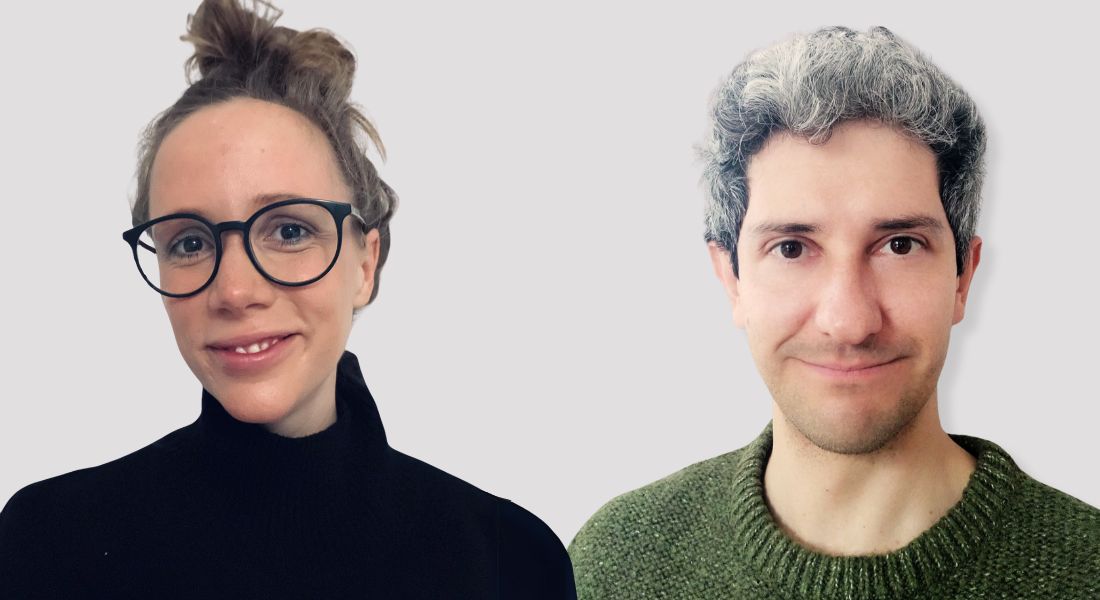17 million for Danish research in data science
Two researchers from SUND each receive a grant for their projects in data science from the Novo Nordisk Foundation's Data Science Investigator Program. The funds will be used for deep learning and machine learning to identify infectious diseases and analyze health data.

Danish data science research receives a boost. Two researchers from the Faculty of Health and Medical Sciences receive approximately DKK 17 million in total from the Novo Nordisk Foundation for their projects, both focusing on deep learning and machine learning.
Postdoc David Duchene, DKK 10,886,002: Early detection of epidemics in livestock and wildlife using deep learning
David Duchene is receiving the grant to a project that will develop machine learning tools for video analysis for infectious disease epidemiology. New techniques will be developed to perform fast Identification of infectious diseases in the agricultural industry and in wildlife. Existing methods can only make sure that an animal is infected by time-consuming, invasive, and costly laboratory analysis. In livestock and wildlife there are also limited funds that can be spent on each animal, yet these settings are the most common source of dangerous pathogens to humans. Using state-of-the-art deep learning for video analysis, the project aims to minimize invasive techniques and ultimately the spread of pathogens, this way saving costs and halting epidemic outbreaks in their tracks.
Associate Professor Helene Rytgaard, DKK 6,685,763: Machine learning to analyze health data
Helene Rytgaard receives the grant to advance and implement statistical machine learning methods for the analysis of health data, with particular focus on understanding treatment effects and their impact on patients' survival and disease progression. The project bridges advanced statistical theory with practical application, and will involve the development of modern causal inference tools and integrated machine learning algorithms, as well as address how these tools are applied in a selection of specific clinical examples. The overall goal is to provide a statistical toolbox and methodological framework, along with associated software implementations, that can be used in health research to achieve more and better knowledge about treatment effects over time beyond the possibilities with existing statistical tools.
Contact:
Postdoc David Duchene
david.duchene@sund.ku.dk
Associate Professor Helene Rytgaard
hely@sund.ku.dk
Journalist and Press Consultant Sascha Kael Rasmussen
Sascha.kael.rasmussen@sund.ku.dk
+45 93 56 51 68
